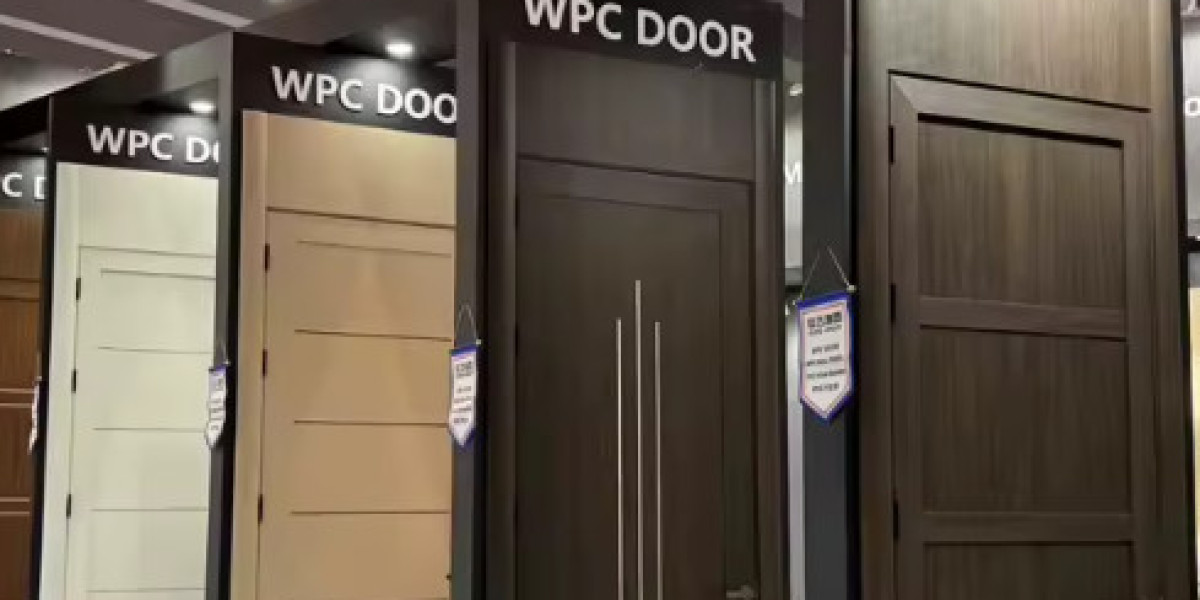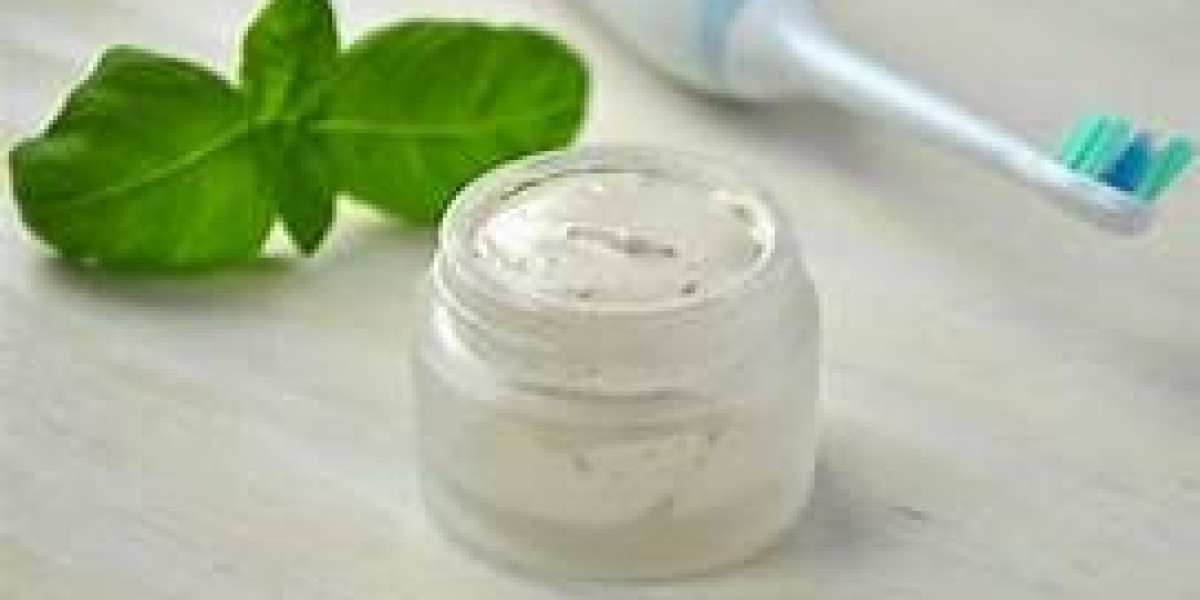What Makes Haibo WPC Door Factory Durable and Reliable?
When it comes to interior and exterior doors, durability is a key concern for builders, designers, and homeowners alike. As a recognized WPC Door Factory , Haibo has established itself in the industry by producing doors that combine mechanical strength, water resistance, and visual appeal in equal measure. But what specifically contributes to the long-lasting nature of their products?
Material Composition Built to Last
WPC, or Wood-Plastic Composite, is a hybrid material combining wood fiber with thermoplastics. The result is a door material that offers many of the advantages of wood—such as texture and workability—while eliminating common weaknesses like susceptibility to moisture, warping, and pests.
At Haibo WPC Door Factory, the careful selection of raw materials plays a central role in the production process. The wood fibers are treated to remove organic impurities, ensuring consistency and longevity. Combined with high-grade resins and stabilizers, the composite blend used by Haibo demonstrates improved tensile strength and resistance to weathering, compared to traditional wooden or hollow-core doors.
Engineering for Structural Integrity
Durability is not only about what materials are used, but how they are processed and assembled. Haibo employs precision extrusion technology to form consistent WPC door panels, followed by reinforced framing techniques that enhance structural rigidity. This manufacturing method ensures that doors maintain their shape even in humid or fluctuating climates.
Moreover, internal reinforcements and thicker core designs are often implemented to reduce bending and impact damage over time. These are especially important in environments such as schools, office buildings, or residential developments where daily usage is frequent.
Surface Treatments That Resist Daily Wear
Another factor contributing to the resilience of Haibo WPC Door Factory’s products is the surface treatment. Whether it’s a smooth matte finish or a textured wood-grain effect, the external coating is engineered to resist scratches, fading, and staining.
Specialized lamination and film-coating technologies provide a protective layer that can withstand accidental knocks, cleaning chemicals, or UV exposure. This not only extends the aesthetic life of the door but also reduces maintenance needs over the years.
Moisture Resistance for Wet Environments
Unlike solid wood or MDF doors, WPC doors do not absorb moisture. Haibo’s manufacturing process ensures that every panel is closed-cell and sealed during production, making it highly suitable for use in kitchens, bathrooms, laundry rooms, and even semi-outdoor areas. In areas where humidity levels are high or where the door may come into contact with water regularly, the WPC composition ensures the integrity of the product remains intact.
This advantage makes Haibo’s doors a compelling choice for developers in tropical or coastal regions, or even for projects that include spa facilities or commercial kitchens.
Insect and Fungal Resistance
WPC materials inherently deter insects and fungi due to their synthetic content and lack of cellulose-rich untreated wood. While untreated wood often needs frequent chemical treatments to deter termites and mold, Haibo WPC Door Factory incorporates protection at the material level. This significantly reduces the chances of infestation or microbial degradation, especially in rural or moisture-heavy environments.
Adaptability Across Applications
Durability also means that a door can function reliably in a range of scenarios. Haibo’s WPC door range is available in multiple sizes, finishes, and configurations—sliding, folding, swinging, or panel-based—making them adaptable for both residential and light commercial use.
Each design goes through endurance testing, ensuring long-term functionality of hinges, lock placements, and mounting points. Whether placed in a high-traffic corridor or a quiet home study, these doors maintain performance over time.
Environmentally Conscious Yet Durable
One of the less-discussed aspects of Haibo WPC Door Factory’s durable doors is their eco-conscious profile. WPC products help reduce reliance on virgin wood and are often made using recycled wood and plastic components. The longevity of these products further contributes to sustainability by reducing the frequency of replacement.
Durability and eco-responsibility aren’t mutually exclusive here. The doors are built to endure, reducing both lifecycle costs and environmental impact.
End-User Confidence Through Proven Performance
In many ways, durability translates to peace of mind for the end user. Fewer repairs, lower maintenance, and consistent performance offer both functional and economic value. Haibo’s reputation stems not only from the materials used, but from quality control processes that ensure consistency from one batch to the next.
The result? Doors that look good, last long, and require minimal intervention—a rare combination that continues to earn repeat clients and referrals.
For those searching for a reliable WPC Door Factory that prioritizes long-term quality, Haibo delivers on that promise. Learn more about our products and specifications at https://www.haibodoor.com/news/industry-news/inside-a-wpc-door-factory-what-is-a-wpc-door.html .








